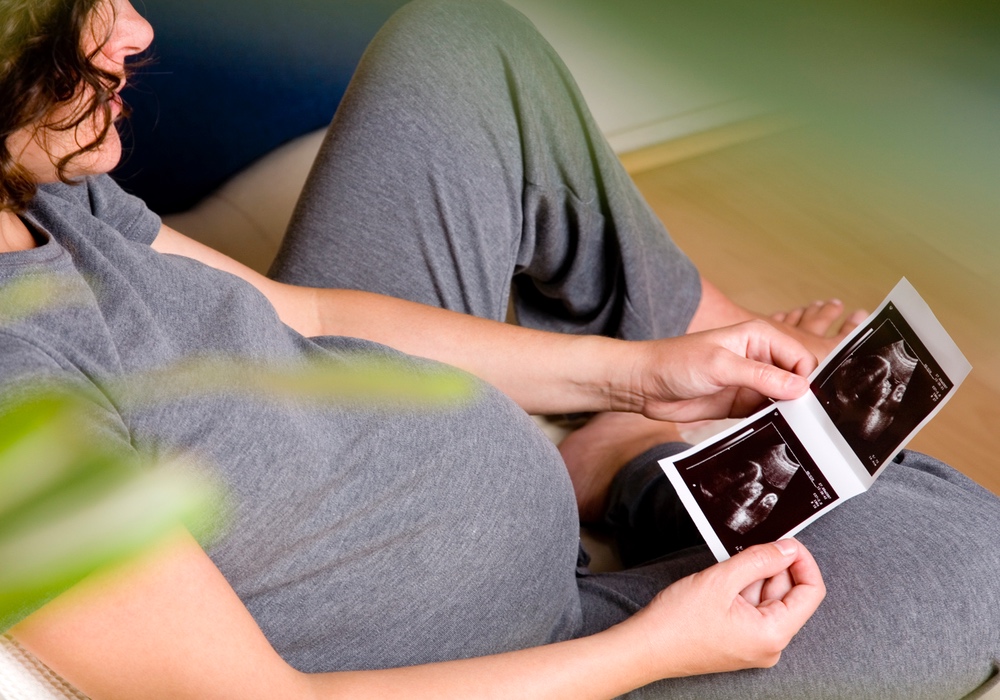If you smoke weed and you're pregnant, you might want to go on hiatus. Cannabis exposure during pregnancy is associated with unhealthy birth outcomes, particularly when it comes to low birth weight, a recent study finds.
The choice to use cannabis during pregnancy may be understandable because it's been shown to help manage physical discomfort and nausea — both common conditions during pregnancy.
Between 2 to 5 percent of pregnant women report using marijuana, according to the American Congress of Obstetricians and Gynecologists. But since the responses were voluntary, the percentage is likely higher. In addition, the use of weed overall has skyrocketed since more states have not only legalized it for medicinal use, but also as a recreational drug.The higher the level of cannabis exposure over the course of the pregnancy, the higher the risks.
“There's so much information out there — discussion and social media channels and on the internet — about cannabis use and pregnancy,” lead author Tom Metz, vice chair of research of obstetrics and gynecology at the University of Utah Health, said in a press statement. “I think it's hard for patients to understand what they should be worried about, if anything.”
That's one of the reasons this large study, funded by the National Institutes of Health, is significant. The researchers analyzed the urine of 9,000 pregnant women from eight different medical centers across the country between 2010 and 2013. They measured THC, the psychoactive substance in pot, three different times during the volunteer's trimesters. They looked at:
- Whether cannabis was used at any point during the pregnancy
- How many weeks it was used during gestation
- The amount of cannabis that was used
Out of all the adverse pregnancy outcomes that were seen, low birth weight (weighing less than 5 pounds 8 ounces at birth) and cannabis use had the strongest association. Pot users were also more likely to experience preterm births, stillbirths as well as hypertensive pregnancy disorder.“Cannabis use is not safe. If possible, you shouldn't use cannabis during pregnancy.”
Even though this study didn't determine why cannabis use is associated with negative pregnancy outcomes, previous studies in primates made a connection between long-term cannabis exposure and interference with blood supply to the placenta.
Robert Silver, a professor of obstetrics and gynecology at University of Utah Health and last author on the study is clear about the risks: “Cannabis use is not safe,” he said in a press statement. “It increases the risk of pregnancy complications. If possible, you shouldn't use cannabis during pregnancy.”
The greater risk seen at higher levels of exposure, Dr. Silver adds, is especially concerning given the high amount of THC found in new cannabis products — products that were barely starting to become available from 2010 to 2014, when the study data was collected.
The health impacts of these more concentrated products remain largely unknown.
The study is published in JAMA, the Journal of the American Medical Association.





